Discussions
Differentiate between correlation and causation.
The concepts of causation and correlation are the two most fundamental concepts in the field of statistics and research methodologies, which are often employed to examine the relationships between variables. Although they're connected, it is essential to be aware of their differences to avoid misinterpretation or erroneous conclusions. In this thorough study, we'll dive into the meanings behind causation and correlating as well as clarify their distinctions and stress the importance of a careful interpretation across various areas. Data Science Classes in Pune
Correlation Defined:
Correlation is a measure that measures the extent to which two variables alter in tandem. It evaluates the degree and direction of their relationship without inferring a cause-and-effect relationship. Correlation coefficients, usually identified by the letter "r," range from one to +1. Positive correlation means that as one variable grows one variable increases, the other will rise as well, whereas the opposite of a negative correlation indicates an inverted relationship.
Causation Defined:
Causation however suggests a cause-and-effect connection between two different variables. In a causal relationship, the changes of one factor are directly linked to changes that affect the second. The establishment of causality requires rigorous evidence based on empirical facts, usually via controlled experiments or observational studies that take into account the influence of other variables.
Key Differences:
Nature of Relationship:
Correlation describes the statistical relationship between two variables without suggesting causality.
Causation: Defines the direct causality between the variables.
Direction of Influence:
Correlation: Doesn't indicate the direction of the influence between variables.
Causation: Determines how the effect is directed, and indicates the factor responsible for the influence and which variable is the cause. Data Science Course in Pune
Third Variables:
Correlation: This doesn't include third variables that affect both variables that are correlated.
Causation: requires careful analysis and control of any potential factors that can confuse to establish a causal link.
Temporality:
Correlation: It does not determine the chronology of events.
Causation: requires an explicit temporal sequence showing that the cause predates the consequence.
Experimental Design:
Correlation: It can be determined through surveys, studies of observation, or analysis of data, but it is not a way to establish causality.
Causation: Most often, it requires experimental designs that employ random assignment and a group of controls to determine if there is a causal connection.
The importance of distinguishing between correlation and Causation:
Understanding the distinction prevents you from drawing wrong conclusions regarding the nature of the relationships between variables, which reduces the chance of confusion.
Informed Decision-Making: Policymakers researchers and practitioners can make better-informed decisions if they know how correlation is not a perfect tool, as well as the strict criteria required to determine causation.
Scientific Validity: Assures the validity of scientific research by emphasizing the importance of an established methodology for creating causal relationships. Data Science Training in Pune
Conclusion:
In the end, although the concepts of correlation and causation are similar, they each have their significance and meanings. Correlation reveals statistical connections between variables, whereas causality establishes a cause-and-effect relationship. Understanding the difference between these two is essential for research, decision-making, and critical thinking, to be cautious about drawing conclusions that could have serious implications. In today's world of data, a precise understanding of causation and correlation is vital for accurate analysis and judicious decisions.
